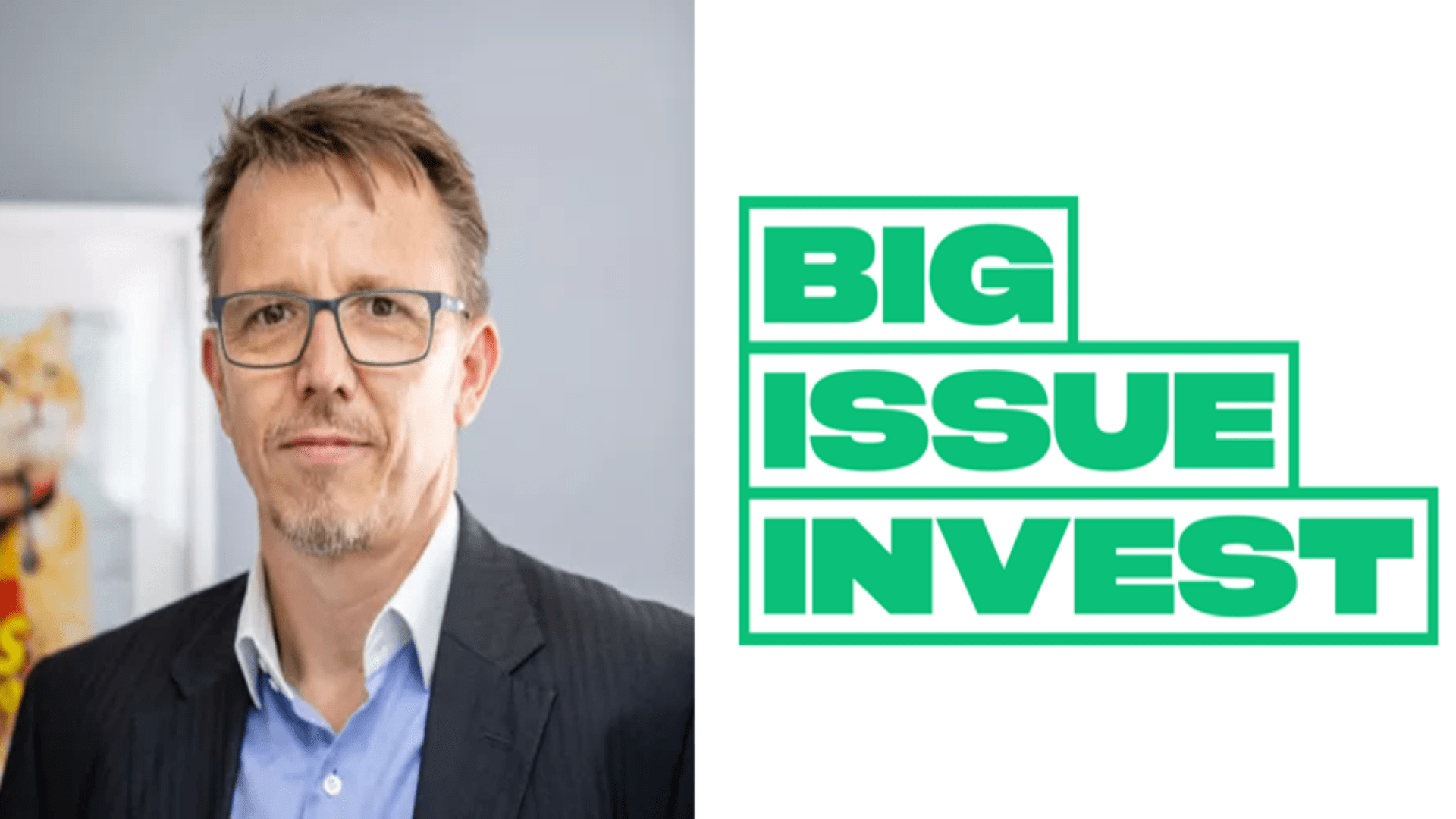I recently attended a conference on ESG and data reporting, where I spoke at a on ‘Utilising social data and disclosures’. This is an increasingly important topic as the current landscape for disclosing social impact data is growing and numerous bodies are seeking how to implement a social impact taxonomy on reporting.
We have come a long way since Big Issue Invest started in 2005, having supported over 550 organisations with over £80million in funding and we are publishing our impact regularly through our impact reports. Having started as a holistic impact investor, backed by those aligned with our goal, the market has evolved and investors and our team at Big Issue Invest are now targeting more specific sectors of social impact.
Key elements of what Big Issue Invest delivers is captured through data, social or even Impact Data reporting has become the norm for a large scale of organisations. The key question for a number of impact investors is what’s more important collecting quantitative or qualitative data, for Big Issue Invest the answer is easy, it is qualitative. But having said that we have a different issue as we are tackling breadth vs depth of data. Although other organisations report large scale data, how do we ensure the data we report shows the depth of social impact we are delivering. We as Big Issue Invest are delivering the ‘S’ and the ‘G’ in ESG, with a focus on the Social.
How can the data we report distinguish between an organisation such as ours, which tackles individual social issues and changes the lives of individuals, compared to larger scale investors who report quantitively speaking a large amount of data. Purely looking at the data you would assume that the bigger the figures the more impact is being created, which is something we wouldn’t fully agree with. Whilst we collect in depth data, GDPR often prohibits us reporting detailed information about the changes and impact we achieve.
As said the social impact sector has come a long way, and more and more organisations are reporting on the impact they are creating, which is absolutely great and applaudable, but what would happen if those organisations also had to report on the negative impact they are creating? Would all the companies currently reporting quantitively large figures of impact data still be seen in the same light, if they had to produce an Impact Balance Sheet?
Rounding up, we have come a long way and the data we are now collecting lets us have these discussions but unifying the quantity v quality and depth v breadth is still something we all are aiming to achieve.





